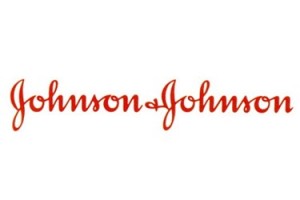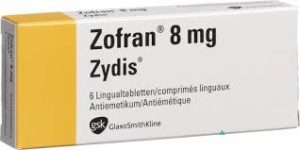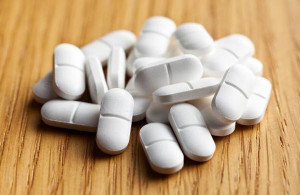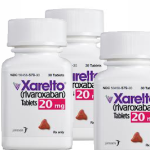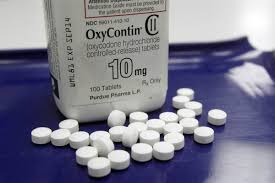 Purdue Pharma, makers of OxyContin, are facing some increased scrutiny from the FDA over their marketing of the popular painkiller. Since the release of OxyContin, the packaging has always said “12-hour relief” however in some patients the effects of the drug begin to wear off after about eight hours. This leads to many patients having to take more pills each day than what they were originally prescribed. Opioid addiction is increasing across the country and Purdue is being blamed as one of the leading causes.
Purdue Pharma, makers of OxyContin, are facing some increased scrutiny from the FDA over their marketing of the popular painkiller. Since the release of OxyContin, the packaging has always said “12-hour relief” however in some patients the effects of the drug begin to wear off after about eight hours. This leads to many patients having to take more pills each day than what they were originally prescribed. Opioid addiction is increasing across the country and Purdue is being blamed as one of the leading causes.
In a large-scale investigation of the pharmaceutical company by the LA Times, it was revealed that they knew the effects of OxyContin did not always last 12 hours. The main reasoning for the company’s false advertising was because the 12-hour relief claim gave the drug a large competitive advantage over other, less expensive drugs. In the late 1990’s, doctors began prescribing OxyContin at shorter intervals so Purdue sent a team of sales executives all across the country to convince doctors to stick with the 12-hour doses. According to the LA Times report, More than half of long-term OxyContin users are on doses that public health officials consider dangerously high, according to an analysis of nationwide prescription data conducted for The Times.
In a statement released by Purdue the company had this to say, “Nearly a decade ago, the FDA cited a lack of clinical evidence when it formally rejected the ‘fundamental premise’ that patients receiving OxyContin at intervals more frequent than twice-daily are at increased risk of ‘side effects and serious adverse reactions.’ In doing so, the agency reinforced the twice-daily labeling for OxyContin. The LAT omitted the findings of this report from its story.”
This story will be one that continues to develop and as news comes out, lawsuits may follow. The entire medical world will be following these developments as it could change the market for painkillers in the United States and other countries as well.


